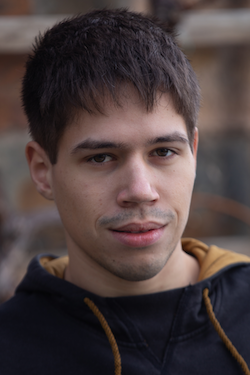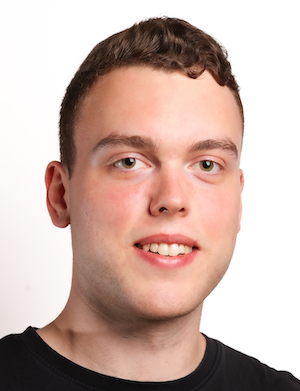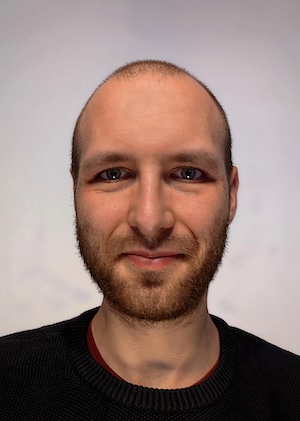About
The Scalable lab tackles computationally demanding challenges in research and industry. We cover the disciplines involved from the bare metal of computer architectures to fully automated production workflows by integrating modeling and simulation, high-performance computing, software engineering, data analytics, and verification and validation. This overarching approach is key to building visionary, portable, robust and efficient software pipelines.
Team
 |
Alex Breuer leads the lab. His research and teaching activities cover the full spectrum of algorithms and software for modern and emerging hardware. In 2014, Alex was honored with an ACM/IEEE-CS George Michael Memorial HPC Fellowship for his Ph.D. project “High Performance Earthquake Simulations”. In addition, he and his collaborators have been awarded with the PRACE ISC Award and nominated as ACM Gordon Bell finalists. Alex holds a doctoral degree from the Technical University of Munich. |
 |
Max Engel holds a Master’s degree in Computer Science from Friedrich Schiller University Jena. In his Master’s thesis, Max implemented and analyzed the numerical core of an ADER-DG finite element solver using the high-performance tensor library PyTorch. His Ph.D. research revolves around efficient algorithms and software backends for high-performance tensor contractions, with a special focus on the Einstein summation convention. |
 |
Max Koch is a researcher in the lab and a graduate student at Karlsruhe Institute of Technology. He holds a Bachelor’s degree in Computer Science from Friedrich Schiller University Jena. In his Bachelor’s thesis, Max implemented a routine to efficiently evaluate Einstein summation expressions by utilizing small matrix multiplication kernels. Continuing his research in this field, Max now focuses on high-performance algorithms targeting the computation of tensor operations on hardware accelerators like GPUs. |
 |
Felix Lindner holds a Master’s degree in Computer Science from University of Applied Sciences Bingen. In his Bachelor’s thesis, Felix implemented a recurrent neural network in OpenCL. For his Master’s thesis, he used GPUs to accelerate fluid dynamics simulations. His Ph.D. research focuses on tensor compilation to lower tensor contractions to different hardware. This approach is based on the einsum notation. |
 |
Stefan Remke is a researcher in the lab and graduate student at Friedrich Schiller University Jena, majoring in Computer Science. Stefan optimizes high-performance computing primitives for the Arm Neoverse V2 microarchitecture. As part of his work, he is developing just-in-time code generation routines for small matrix-matrix kernels targeting NVIDIA’s Grace CPU Superchip. In addition, Stefan explores the generation of tensor processing primitives for Qualcomm’s Neural Processing Unit through the Hexagon Vector Extensions. |
 |
Tamino Steinert is a researcher in the lab and works on efficient computing primitives for the AMD XDNA architecture, which he integrates into a tensor compiler framework. During his bachelor studies, he focused on efficient databases and wrote his thesis on “Optimisation of group commit latency with NVMe SSDs”, also at the University of Jena. |
Contact
Prof. Dr. Alexander Breuer (alex.breuer@uni-jena.de)
Friedrich-Schiller-Universität Jena
Fakultät für Mathematik und Informatik
Institut für Informatik
Professur für Skalierbare daten- und rechenintensive Analysen
Ernst-Abbe-Platz 2
07743 Jena
Germany